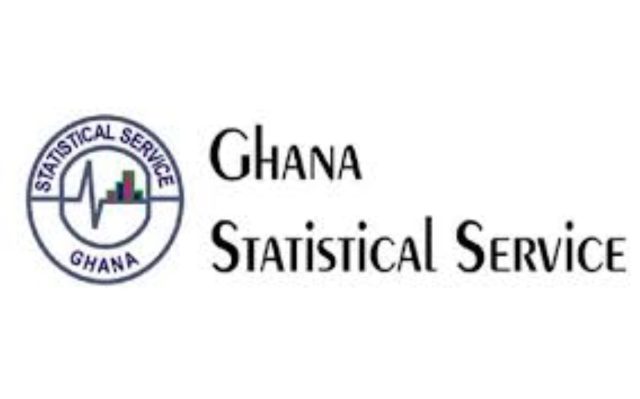Source: Nana Yaw Adinkrah/faith98.7 FM
The Ghana Statistical Service has organized a 2-day workshop for municipal, District Chief Executives, Heads of Department, District statisticians, Media, and other stakeholders from various Assemblies in the 9 Districts of the Western North Region on Dissemination of Multidimensional Poverty Index reports and Training on STATSBANK at Sefwi Wiawso, the regional capital.
The multidimensional poverty indicator is a non-monetary deprivation measure that comprises indicators and dimensions such as living conditions ( electricity, overcrowding, cooking fuel, housing, etc), Health ( Insurance coverage and mortality), Education ( attendance, attainment, and school lag), and Employment ( work for wage or profit)
The GSS took participants through the 2021 population and Housing Census indicators, constituting the multidimensional poverty index reports.
The National Principal of the Ghana Statistical Service, Mr. Richard Atsu Kuadamah, in an interview, said preciously worthy people were examined by their monetary income but nowadays, being rich is not an indicator of one’s wealth but other indicators such as access to education, employment, having proper health care, among others.
According to him, the Western North Region did not perform better than the other regions with a higher poverty rate based on the available data.

He explained that the region recorded 869.756 of 2021 population and housing census while 27.00% of persons living standard was classified as incidence with 41.9 percent was recorded as intensity below the poverty line.
Mr. Atsu added that the motive behind the workshop was to bring policymakers to know the poverty challenges in their various districts, communities, and the country – the greatest global challenge and ways to address those challenges.
Mr. Jacob Andoh Oxwell, Western North regional statistician, said the participants were brought together to enhance their understanding of the multidimensional poverty index (MPI) report, which examined poverty beyond monetary deprivation
He appealed to the participating authorities to take the data from their respective districts very seriously and work on it to accelerate developments.
Moreover, some Municipal and District Chief Executives and other participants expressed their satisfaction and looked forward to tackling the key findings in the reports at their various administrative assemblies.







![“I made Shatta Wale who he is today” – Singer Kay Smooth alleges [Video]](https://ghananewss.com/storage/2023/04/Kay-Smooth-Shatta-Wale-100x75.jpeg)

![Mr Logic’s Red Panther record label officially signs two Afro-dancehall artistes[Video]](https://ghananewss.com/storage/2023/05/Mr-Logic-signs--100x75.jpeg)





